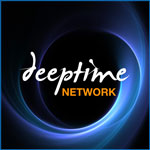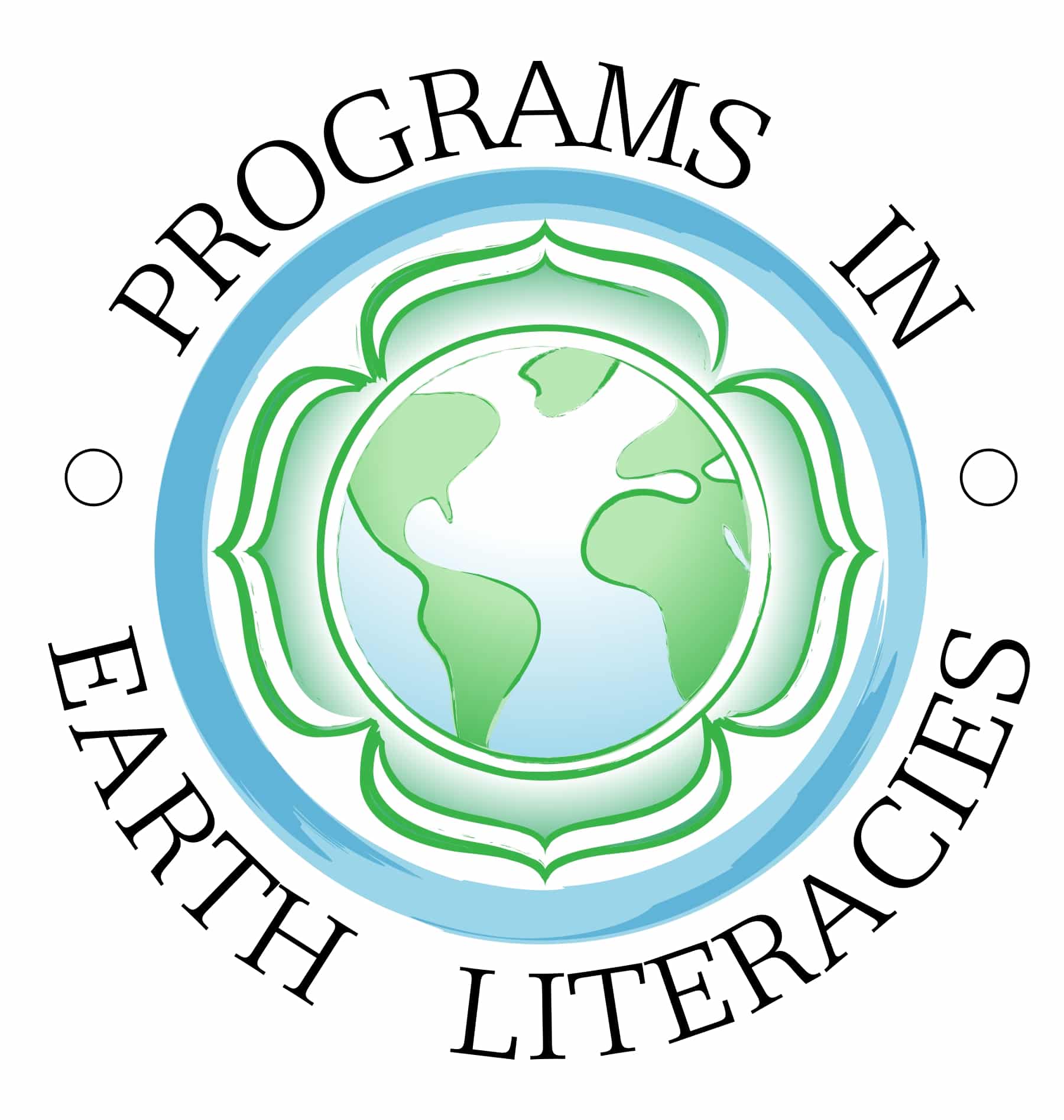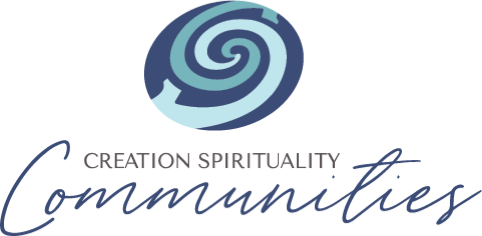Home › Forums › Deep Time Journey Forum › Big History and Religion
- This topic has 7 replies, 5 voices, and was last updated 8 years, 6 months ago by
Anonymous.
-
AuthorPosts
-
-
November 2, 2014 at 4:29 pm #3482
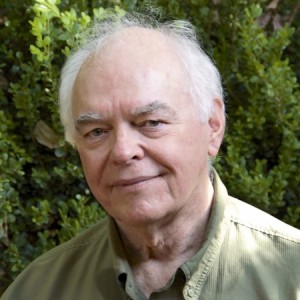 Davidson LoehrMember
Davidson LoehrMemberIt’s both encouraging and humbling to learn that Dr. Montessori saw all this so clearly, and so long ago! I’m interested in religion and ethics (Who we are, and How we should live), and can easily map my thought style onto this:
1. Who we are: We can see this most easily through ethology, where we are one of the world’s Social Species. All ethical behavior comes from this fact. Cats, snakes and lizards don’t “sin” and aren’t evil: they’re members of Solitary Species, where looking out for #1 is the rule of life. But in social species, the biggest “sin” or crime is always one driven by Selfishness, as theologians have been saying for centuries. The reason Selfishness is the cardinal “sin” is because, as members of a social species, we must learn how and when to let the good of the group trump our untutored selfishness. Wolves who don’t share food can be thrown out of the pack. In the wild, that’s usually a death sentence. In the same way, humans who cheat, steal or commit acts of violence can be fined, imprisoned, or executed. It’s hard to think of any religious “sin” or legal crime that doesn’t start here. (I’m putting “sin” in quotes because I don’t think we should use it, but for now it’s often helpful for those who have learned the jargon.)
2. Our human nature has three parts: the Good, the Bad, and the Ugly, and we need to learn these in order to know ourselves and be more aware of how our intended behavior will fit within the norms of our local place within our social species. Evolution shows that we — like other species — are primarily good. Babies demonstrate empathy and compassion by about age one. And the family pets also show it. But our selfishness — the Bad — is always, always there. And the third component, the Ugly, is frightening, and serves as a caution to all Happy-Face ideologies and utopian dreams. It consists in the fact that we are deeply gullible, and can adopt both good and bad behaviors our group teaches us. The “Good Germans,” but those in every society who adopt the most destructive behaviors, certain that they’re the way to behave because (one part of) their culture applauds it. Guantanamo, torture, invasion of other countries to pursue the selfish desires of, say, our corporations. This isn’t a “problem” to be solved, but the sobering and enduring dilemma of our all-too-human nature.
3. This is where Big History can play an intellectual role deeper and more true than religions. Our dream is that there is a structure to the world/universe, and a prescription for our behavior, that are mirror images. Religions may say the deep truth is that we’re all “children of God,” so we should live as God’s alleged messengers (churches, ministers) say we should. We are fast outgrowing this diagnosis and prescription, as a ton of data about the generation in their teens to 30s is showing. They don’t hate religion, don’t fight it; they just shrug it off. They can find our high ideals in almost all of our creations — all our best stories, movies, etc. — because we project our deepest hopes into all the religions, gods and stories we create. And this is where the overlap of Big History — the universe’s story — with How we should live is nothing short of a revelation! Briefly, the universe’s story is the growth toward greater inclusive, empowering and dynamic complexity, at all levels of magnification. And this norm replaces the Golden Rules of religions because it is so much broader, deeper, more profound. The judgment of our behaviors comes here. Selfish people are trying to shrink the opportunities of others in the selfish service of their own.
American capitalism violates nearly all deep human potential by measuring human worth by money, profitability. And what’s so encouraging and revelatory is that we KNOW this. If you doubt it, look at the plots of all our favorite stories and movies. Biblical religions might want to cite the story of David and Goliath as the guiding metaphor. But when Palestinian youth rose to oppose Israeli occupation, brutality, etc. a few years ago, they painted themselves blue like the Na’vi people in the movie “Avatar.” Our favorite story is the victory of truth over lies, love over hate, and the righteous weak over the brutally strong. And this is the story of people growing into more inclusive, empowering and dynamic complexity.
Our deepest dream is that the deep structure of the universe and How we should live are mirror images. At their best, religions can and do teach this, through the different dialects of their local faith. But I agree with the Dalai Lama: we must find a foundation for ethics beyond religion altogether. The message of Big History is that it has always been within and around us.
Sorry for going on so: I’m just new here.
-
November 2, 2014 at 7:13 pm #3486
 Jonathan TweetMember
Jonathan TweetMember<p> @Davidson, “Who we are: We can see this most easily through ethology, where we are one of the world’s Social Species. All ethical behavior comes from this fact. “</p><p>I might quibble with some of your details, but I’m with your here. </p>
-
March 27, 2015 at 4:00 am #3889
 Lowell GustafsonParticipant
Lowell GustafsonParticipantThanks for this, Davidson. What you are saying about empathy, inclusive structure, and the increasing complexity of social nature does seem to me to get at the heart of how to reframe what religion can mean in our time.
-
March 28, 2015 at 8:24 am #3893
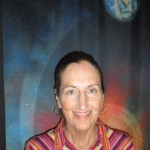 Orla HazraParticipant
Orla HazraParticipantYes, indeed! It seems as if we are ‘lost in translation’ and perhaps muddled within the reframing process. It is not the first time humans reframed themselves at fundamental levels. A comprehensive exploration of these times in history is crucial if we are to avoid the increasing mis-perceptions of what the term ‘religion’ means and can begin to embrace oneanother in celebration for the work that needs to be done.
-
April 13, 2015 at 5:56 am #3927
 Davidson LoehrMember
Davidson LoehrMemberOther important clarifications are needed in the “science vs. religion” debates. Some current books and articles are on the theme of a “God-gene,” or the idea that we’re hard-wired for “religion” or “God.” No. We need an abiding sense of identity and purpose. Traditionally, religion and philosophy have claimed this discussion, but they are only vehicles, and the wheels are coming off those vehicles. Science — by which I really only mean knowledge supported by demonstrable empirical data — is a better vehicle for these questions. The question isn’t about a “line” between science and religion. Rather, it’s about knowledge (science), asking if there are any areas where it can’t go. Probably not. But we certainly have enough empirical data to have a good sketch of who we are and how we should live, based on empirical data going back hundreds of thousands, and millions, of years. Religions really don’t have a lot to contribute at this scale. As Frans De Waal likes to say, “They’re just too new.”
Another clarification regards mystical thinking. It occurs in religion, science, poetry, everywhere. In mystical thinking, the wish/need is father to the certainty, and only data that can be used/bent to prop up the need/wish are accepted: so “the data prove my mystical thesis!!” But no. In science, I think this mystical style of thinking comes up when people want to say that we are somehow the point of it all: everything pointed towards wonderful Us.
My background — my Ph.D. — is in the areas of theology, the philosophy of religion, the philosophy of science, and Wittgenstein’s language philosophy. I went into religion because, in 1979, it seemed to be taking our enduring questions more seriously than any scientific field, and focused more on them than the rest of the humanities. But times have changed. Those who preach and teach religion, I think, have no idea of how irrelevant they are to today’s world, and the questions of (especially) those under 30. Sciences hesitate — or just refuse — to take on these enduring questions about who we are (the nature of human nature) and how we should live (a question that comes up in all social species). Pity, because the most relevant sciences have strong empirical data that can sketch a better answer than our religions can today.
-
September 23, 2015 at 1:24 pm #4776
Anonymous
InactiveDavidson,
So enjoyable to be corresponding with you!
I’m about to make a whole new topic thread about this, but: in what ways (if any) do you think we should differentiate between science and religion when helping students explore big questions?
-
-
September 23, 2015 at 4:07 pm #4779
 Davidson LoehrMember
Davidson LoehrMemberHow should we differentiate between science and religion — or science and traditional stories? Many of the claims of science are true whether you believe the story or not. Gravity, evolution, star and planet formation, for example, have enough empirical data to establish that they are REALLY true (or just TRUE). All stories can give us an attitude of certainty once we’re indoctrinated into them — science, scientism, religion, myth, etc. And we much prefer certainty to truth. In fact, unless we’re certain of something, we can’t believe it’s actually true. (Wittgenstein’s example: “It’s raining outside. Personally, I don’t believe it.” He added, “This is two people.”) And we don’t want truths that can’t make us feel comfortable, at home, special, valuable, and so on. So myths fill in here. But we have a hard time unblurring the line between certainty and truth, and the best method we have today for establishing fact/truth is the scientific method (when it’s followed). It’s advantage is that you don’t have to believe it to see that it’s true.
Yes, there are those who stay so resolutely within their ideology that they can say — without any empirical evidence — “evolution is false, we aren’t descended from apes, the Earth is only 6,000 years old” and so on. But this is a different phenomenon. It’s not concerned with truth, but with maintaining an attitude of certainty about a story into which we have been indoctrinated, and within which we have defined our identity, value and purpose.
And so on….
Davidson
-
September 23, 2015 at 4:21 pm #4781
Anonymous
InactiveDavidson!
You wrote:
…we have a hard time unblurring the line between certainty and truth, and the best method we have today for establishing fact/truth is the scientific method (when it’s followed). It’s advantage is that you don’t have to believe it to see that it’s true.
I entirely agree! Science (when practiced well) gets us to reality; mythology (when practiced well) gets us to beliefs that strike our fancy. (Well, I imagine you wouldn’t put it so crassly, but I think the essence is there.)
I’m curious, though, what you do when teaching — that is, when leading students through the big questions?
I’ve recently been going back and forth with a self-described activist atheist friend who would be horror-struck to put his son in a school (like the ones I’m helping launch) that don’t tell students, up front, which stories are objectively true and which aren’t. I’d be curious to know whether you’d agree with him, or not.
(Anyhoo, I’m cross-posting, now — I just started up another thread that lays out my own current thinking on this — ah, my e-mail has just informed me you just posted a reply to that! How embarrassing of me. I’ll hit “submit”, if only because I think it charming to embrace such small embarrassments publicly!)
-
-
-
AuthorPosts
- You must be logged in to reply to this topic.


